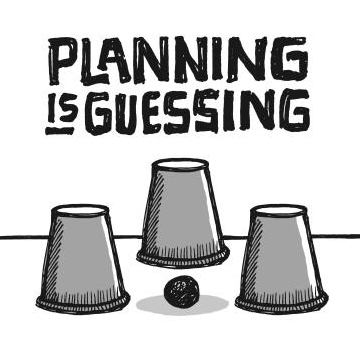A quick post to let you know about two new bits that went live on the PAS website today.
Does this help?
You can stare at page impression and visitor data until you are blue in the face and you still won’t know whether a new addition to the website is any good. And for qualitative data the annual website survey never rolls around fast enough for a timely reponse.
With that in mind we’ve taken on some work being done by LG Improvement and Development and implemented a new voting pod. It asks for a yes or no to the question “Was this page helpful?” It also has space for you to offer some comment.
Take a look and remember: vote early and vote often.
Signing up
Whilst piggy-backing on other people’s projects is all good fun, sometimes it doesn’t work. Our events form was a bloated mess of multiple pages and purchase order numbers that didn’t suit our free events. Looking at our stats showed alarming rates of attrition between the various pages, too.
We’ve now replaced it with a single, simple page that has only the information we need. Hopefully that makes things less of a hassle for people when our next series of events comes around.

